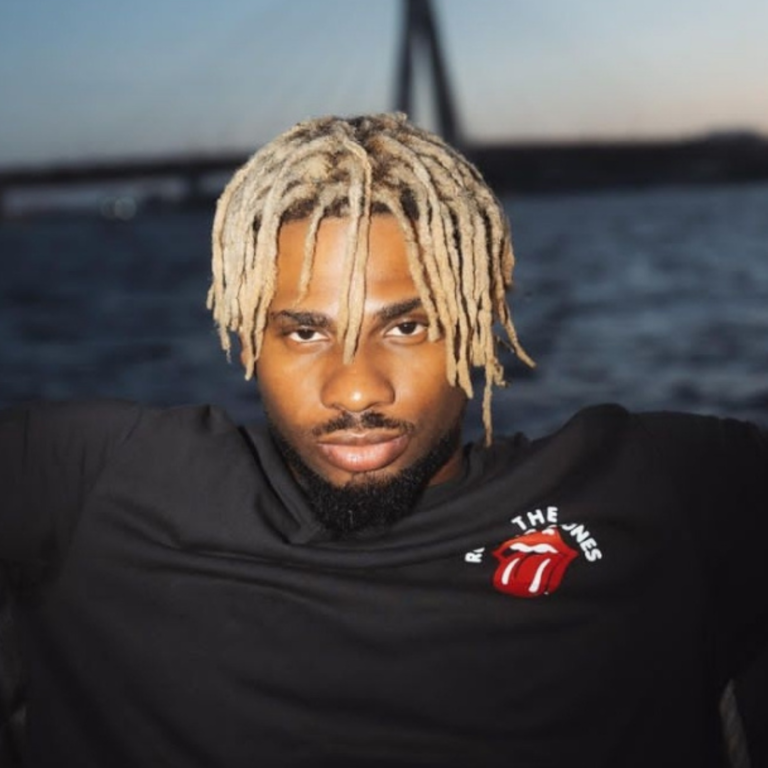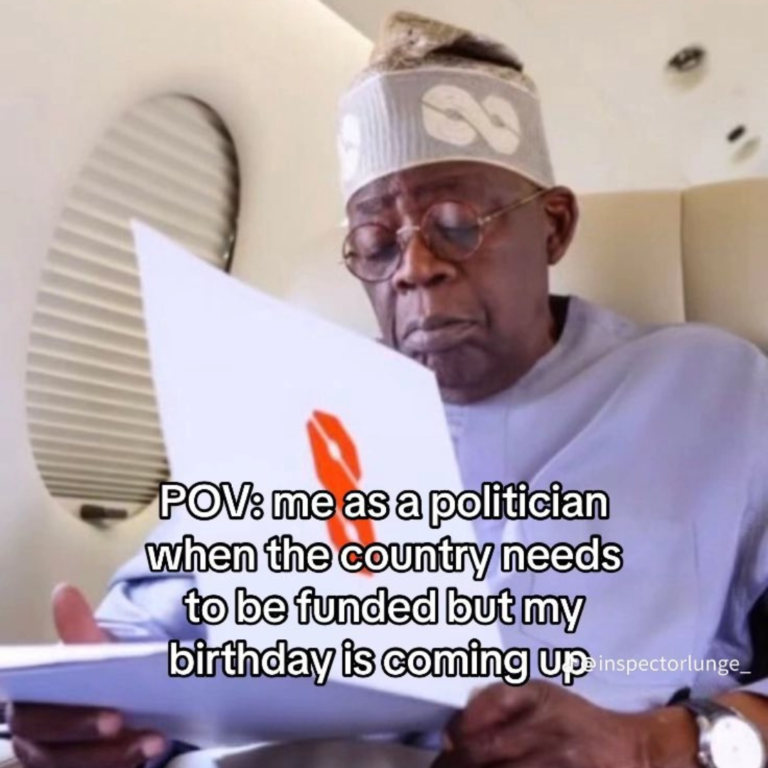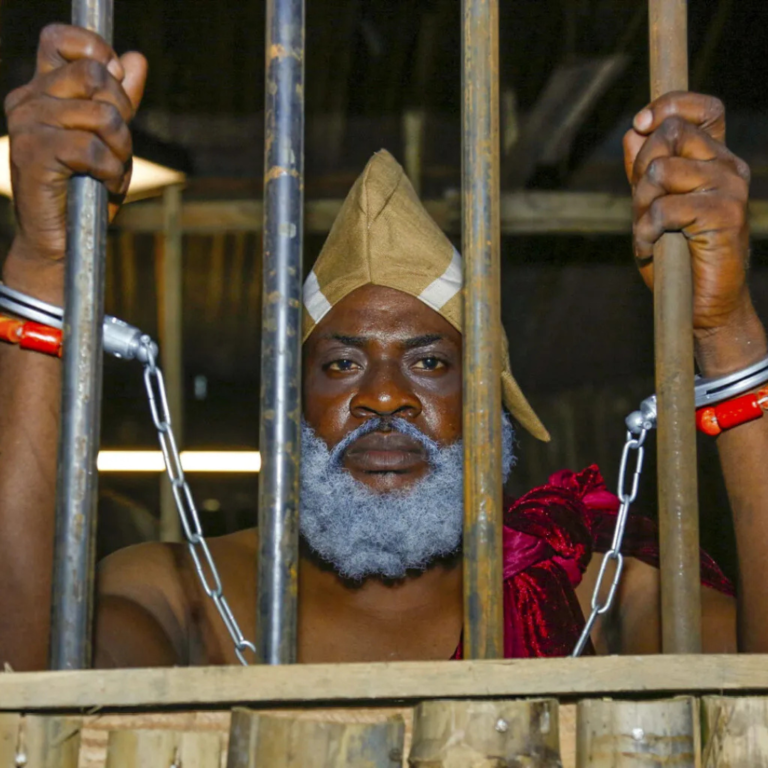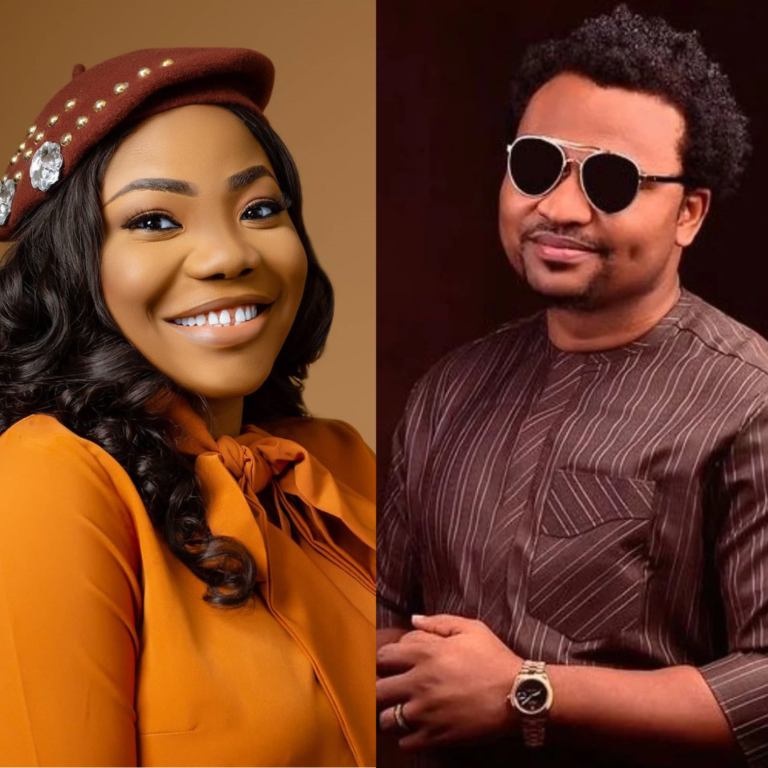It’s about 2 in the afternoon, and I’m about to join my virtual interview with the Afrobeats superstar Joeboy on Google Meet. But my WhatsApp keeps buzzing. It’s Grey, Joeboy’s assistant, texting. “Can we do tomorrow? 2 PM?”
“Tomorrow may be busy,” I texted back, to which she replied, “4 PM today?” This new schedule works for me. But by 6:30 in the evening, she texted again. Joeboy was still stuck at a shoot. At that time, it’s apparent that I had no choice but to reschedule. When we finally had our conversation, it was about 7 in the morning, the next day.
As Joeboy, born Joseph Akinwale Akinfenwa-Donus, spoke to me, fatigue warped his voice. It’s apparent that the weight of too many tight schedules is finally taking its toll. In February last year, he announced that he was parting ways with emPawa Africa, the label owned by Mr. Eazi, which produced all his early hits—“Baby,” “Beginning,” “Don’t Call Me Back.” Later, he launched his record label, Young Legend. By October, he had signed Kvng Vidarr, a rising Afrobeats singer. Now, he is pushing his new album Viva Lavida, his first major project since he left emPawa.
Joeboy’s rise to fame is the kind of story that made music heads all over the world stan their artists to death. His cover of a popular song went viral, and a famous musician gave him a recording deal. That was in 2017. “I knew I’d definitely be an artist when I posted my cover of Ed Sheeran’s ‘Shape of You.’ That’s the first cover I did, and it was really doing a lot of numbers,” he told me.
With Viva Lavida, which dropped on streaming sites on Friday, he wanted to be free. Although musicians are the creative force behind the making of their projects, many times, they have little say in the final product that the public goes crazy about. As a label boss, Joeboy has the final say (most of the time) on his work. So I asked him how this album is different from his previous ones.
“Viva Lavida is basically me living free. Early in my career, I was always trying to be too careful and too perfect because I thought that was the way it was supposed to be. But two years ago, I began to feel trapped and realised that I was trying to live on other people’s standards. That was when I asked myself, why not do what I want to do and stand for what I represent and what I want to represent?” he said.
“You know, when you’re young and famous, people always try to tell you to do things like this, do things like that. But why do I have to do things like the next person? I’m different. It clicked for me that moment that I should be unapologetically myself. Since then, I started calling myself ‘Lavida Boy.’ Because I started living free.”
This state of mind is reflected in the album’s artwork and trailer, where Joeboy basks in solitude, surrounded by a calm, green environment. But he doesn’t stay in one headspace for long. As he puts it, “The album takes on different parts. It takes on vulnerability, positivity, introspection, and vibing. I made sure the production also gives balance to the stories.”
The music is rich with autobiographical storytelling and vibrant production that showcases Joeboy’s artistic evolution. The album opens on a modest note, perhaps a nod to the freedom he seeks, before slipping into the playful funk of “Innocent.” From there, it builds into groovier records like “SMH” and “Free of Charge.” As the project unfolds, it leans into more introspective moments, capturing the essence of a young, wild, and free spirit. “I’ll Be Okay” stands out as one of the year’s most purposeful pop songs. Its thumping percussion, shaking tambourine, and nostalgic violin and trumpet bring emotions to life.
After eight years in the industry, Joeboy has learnt that every man is for himself. He has had his mics cut off, his performances interrupted, belittled and embarrassed. “One time, I was performing at Industry Nite and someone grabbed the mic from me, and asked why I was performing a cover and not an original song. I was deeply embarrassed. But looking back now, I see it as character development. I thank God, and I’m grateful to my younger self that I didn’t give up and let that kind of situation dissuade me from my music grind,” he said.
As our conversation unfolds, Joeboy’s voice gradually warms up, revealing his ongoing pursuit of growth—both in his music and personal life. Despite his achievements, he carries himself with humility. When I ask how he views his success now, he tries to downplay it, saying, “My success keeps me humble.” But he soon elaborates: “It makes me believe in myself and my ability, and definitely gives me the confidence to go for my vision. At this point, I feel no pressure. I have no worries. There will always be challenges and things to deal with, but for me, I don’t feel pressure. Even when I do, it’s never for long because I find a way to work with it and turn it to my advantage.”
A strong sense of self-worth shines through as he reflects on his journey. “I’ve travelled to many places and had conversations with different people about my culture and what I represent. I see myself as one of the people pushing Afrobeats and Nigerian culture to the world in a way that is sustainable.”
When asked where his brilliance comes from, Joeboy credits his family first. “I was surrounded by music—from praise and worship at church to watching my dad play the guitar, hanging out with my brother, and the music I grew up listening to. Even my daily experiences shape my sound.”
Forever a student of the game, he acknowledges the lasting influence of the artists he listened to as a child. “A lot of the music I grew up on—Boyz II Men, Westlife, P-Square, and 2Baba—still influences me subconsciously.” This influence is evident in the rhythm and pulse of his music. “I put a bit of everything into Viva Lavida to make it balanced. I’m confident this album will be a success, and it will take me to the world and beyond. It’s been a lot of hard work, a true team effort, and I’m happy it’s finally out. I think this is my best album yet.”
Although time and plans are never absolute, Joeboy is intentional about his timing. It’s been two years since his last album, and with the current music space less saturated, the moment feels right. In an era where a dense catalogue is essential for an artist’s longevity, why not release an album? There’s no better time to solidify his place as a steady voice in Afrobeats. Viva Lavida isn’t just a declaration of intentional choices and unapologetic living—it marks the beginning of his new chapter as a self-signed artist, music executive, and label boss.




